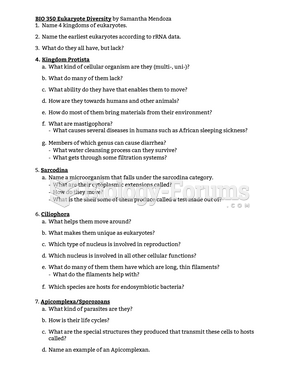This topic contains a solution. Click here to go to the answer
|
|
|
Did you know?
Thyroid conditions may make getting pregnant impossible.
Did you know?
Excessive alcohol use costs the country approximately $235 billion every year.
Did you know?
A recent study has found that following a diet rich in berries may slow down the aging process of the brain. This diet apparently helps to keep dopamine levels much higher than are seen in normal individuals who do not eat berries as a regular part of their diet as they enter their later years.
Did you know?
Illicit drug use costs the United States approximately $181 billion every year.
Did you know?
In 1844, Charles Goodyear obtained the first patent for a rubber condom.







